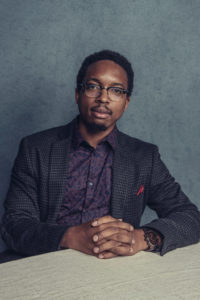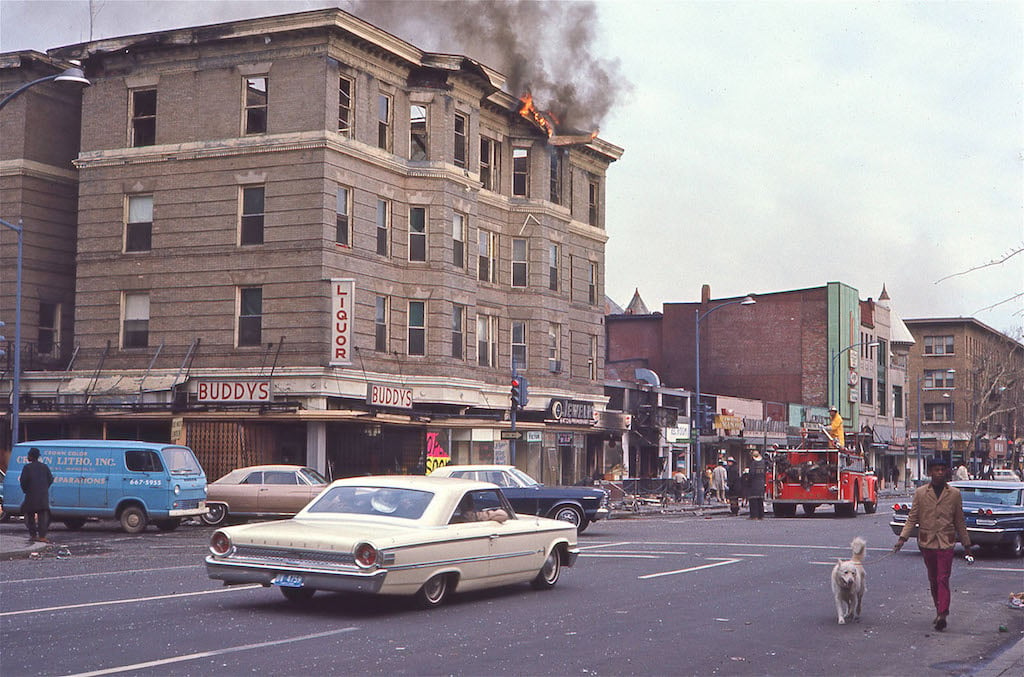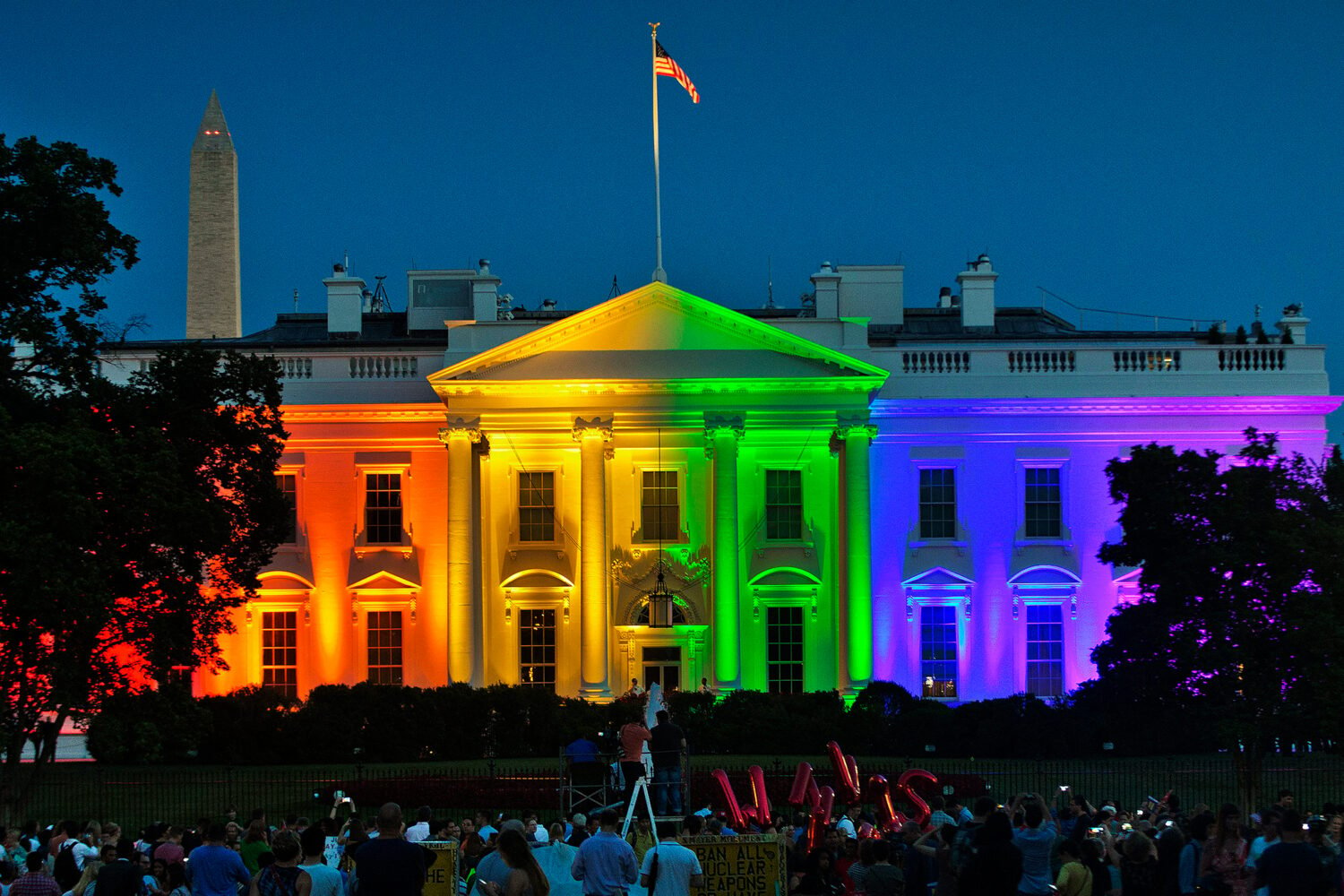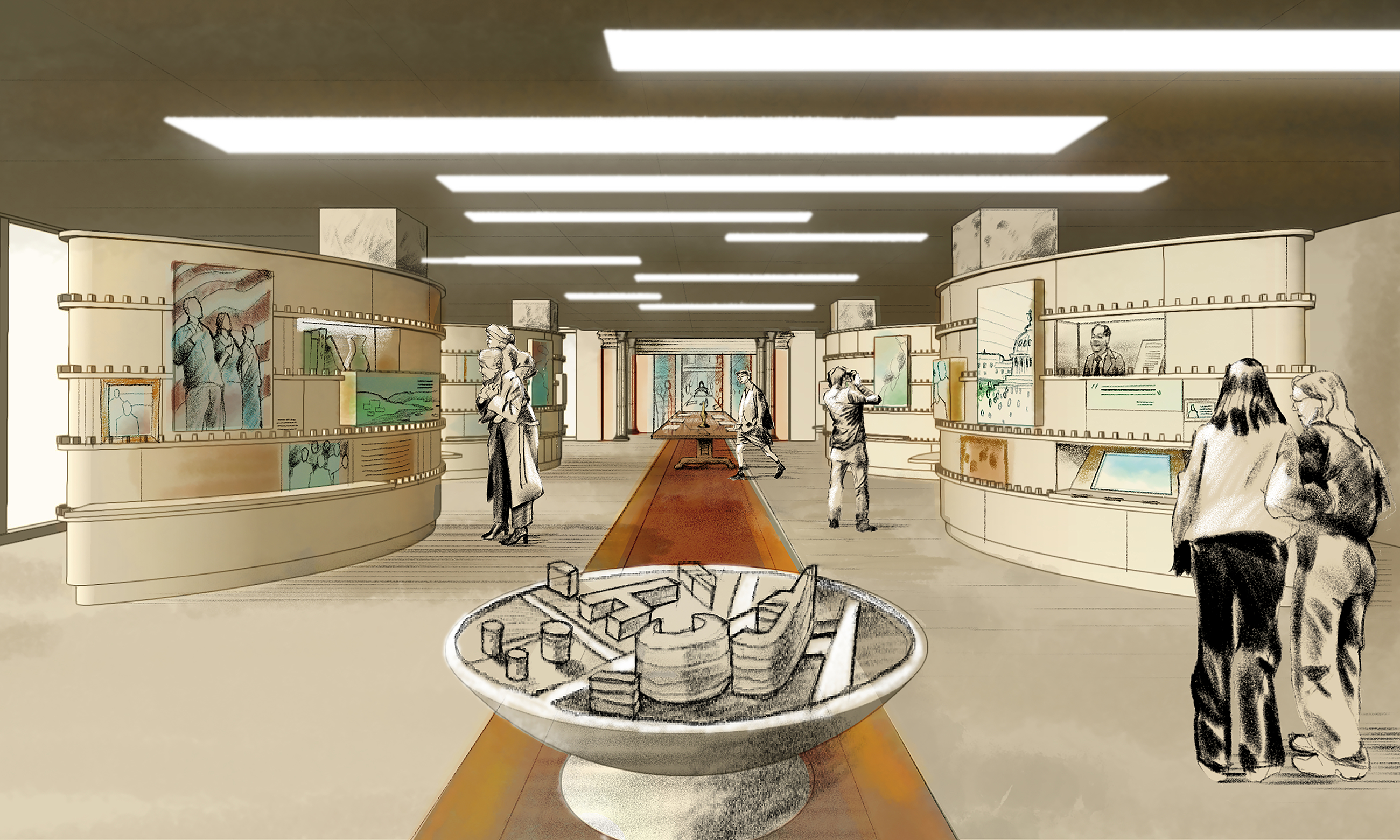The riots that followed Martin Luther King, Jr.’s assassination in 1968 reverberated for decades in many US cities. “It’s the most widespread unrest in America between the Civil War and 2020,” says Vann R. Newkirk II, a senior editor at the Atlantic. “Strangely, there’s not a whole lot of media about that time.”

Newkirk is the host of a new podcast, Holy Week: The Story of a Revolution Undone, which aims to rectify this situation. The way Americans tend to learn history now elides inconvenient facts like, for example, that King “had, like, a 40 percent approval rating in ’68,” Newkirk says. “The civil rights movement polls comparably to Vietnam.” White Americans’ attitudes hardened after unrest turned many downtowns into smoldering bull’s eyes. Across the District line, Maryland Governor Spiro T. Agnew, who campaigned against a segregationist and won with the support of liberals, chastised Black leaders over the riots. That summer, Richard M. Nixon named Agnew his running mate.
Holy Week has a three-tiered narrative structure: “streets, the movement, the White House,” as Newkirk describes it. He interviews people who were out in the action—most, as befits recollections of events that happened 55 years ago, when they were quite young. The show used oral histories stored at the DC Public Library and the DC History Center for background research, as well as archival tape from 1960s media coverage and books like former Washington Post city editor Ben W. Gilbert’s out-of-print compilation of the newspaper’s reporting, Ten Blocks From the White House. Its production team scoured high school alumni lists and spent hours with sources, asking not only what happened to them that week but also how they felt about it.
The result is a vivid portrait of a time that we tend to know through grainy photographs of police and troops patrolling the aftermath. By contrast, Holy Week offers ground-level recollections like seeing the orange glow of flames at Columbia Road and 14th Street, Northwest, or a particularly affecting storyline about two youngsters in DC and how their mom’s inability to afford to buy stockings at Morton’s Department Store on H Street intersected with the demonstrations—and tragedy.
Newkirk, who previously hosted the Atlantic’s well-reviewed Floodlines podcast, spoke with officials from President Johnson’s administration and read COINTELPRO documents, where he discovered that Johnson decided to skip King’s funeral after FBI surveillance showed that King’s family planned to background him at the event: “Basically, the President doesn’t come to the funeral because he was listening in on their phone calls,” he says.
The series bounces around to Memphis and Baltimore, among other spots, but Washington is at its heart, not only because of the echoes Newkirk sees in DC politics over the ensuing decades but also because what the riots’ aftermath taught him about the next decades of American civic life. The year before the uprising, US Representative John McMillan, who presided over the House committee with jurisdiction over the District, sent a truckload of watermelons to Walter Washington, a Black man who was DC’s first and only appointed mayor, after he sent a proposed budget to Congress. And even as white Washingtonians voted with their feet, leaving the city for the suburbs for years, they pressed for “law and order” policies—”You can’t reward rioters, you can’t reward looters,” as Newkirk puts it.
As Johnson pushed for civil rights legislation, Agnew personified the opposite swing of the pendulum. They represent “alternate poles of reality,” in Holy Week, which goes on to talk about “how DC becomes Chocolate City,” Newkirk says, through players like SNCC members and Marion Barry, who harnessed District residents’ post-riot dismay and rode it to a spectacular career in local government.
“I don’t do anything that doesn’t have any connection to the present,” Newkirk says. Before King’s death, he notes, lots of people hoped he would use momentum from his support of the sanitation workers’ strike in Memphis to fight for huge anti-poverty programs and an end to the Vietnam War. “And six months later,” Newkirk says, “Richard Nixon is elected.”



















